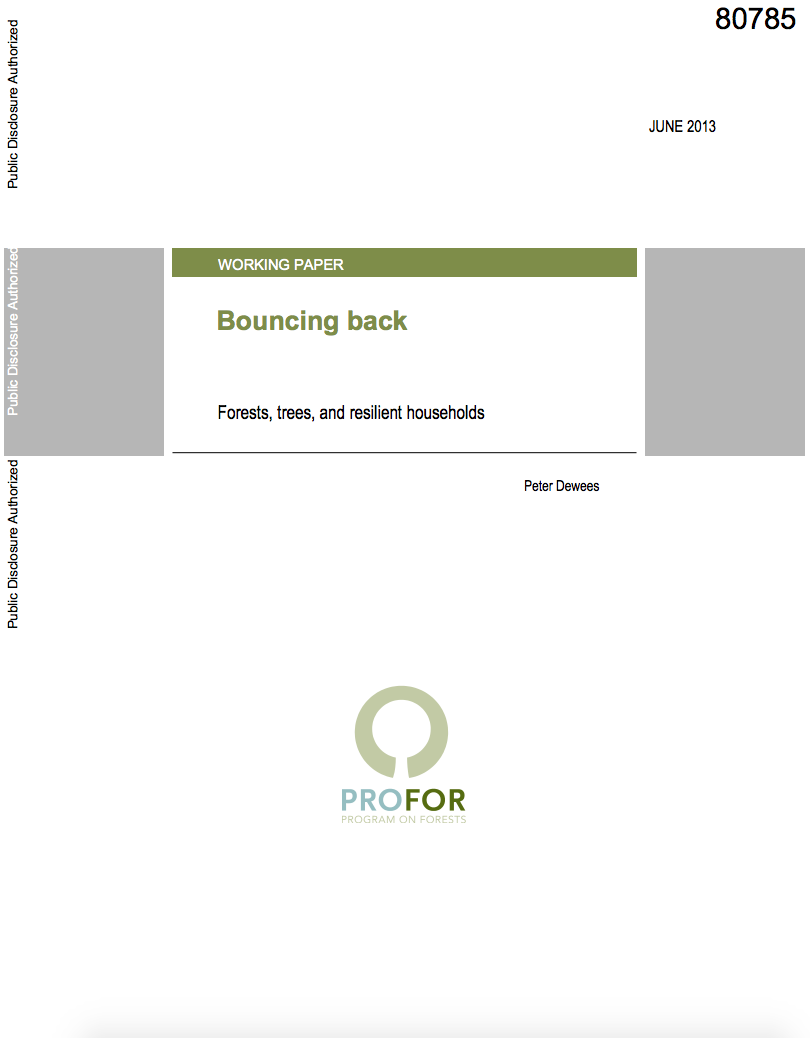Social Accountability Review : Forestry Sector in Moldova
The forestry sector in Moldova faces
significant governance and sustainability challenges. The
insufficient level of forest coverage in Moldova has a
serious impact on environment and overall economic growth in
the country. The situation is exacerbated by the reportedly
intense pressure on forest resources exerted by the human
factor. Illegal logging and grazing are considered as
significant factors that contribute to forest loss. There is


